Who are the best Asian footballers ever in history?
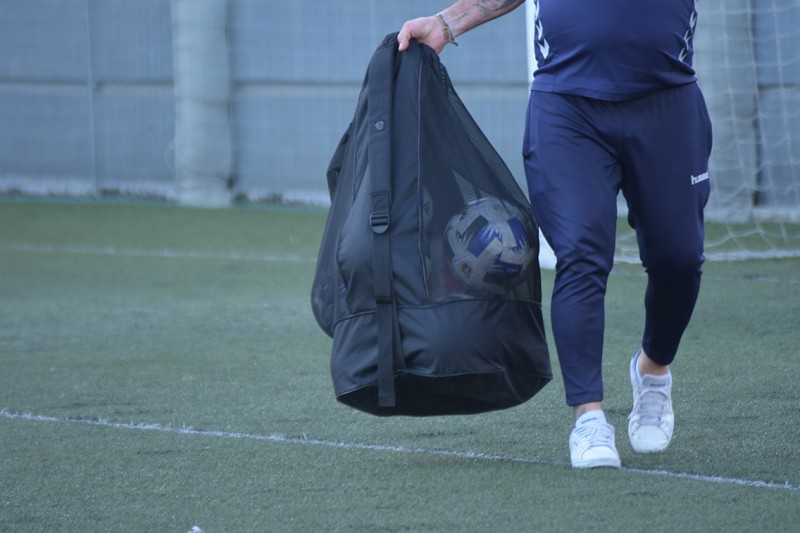
Many Asian footballers have graced the beautiful game over the years. Here is a look at some of the best Asian footballers ever in history.
1 year ago
Some of the world's most passionate football fans live across the huge continent of Asia, which stretches from Saudi Arabia to Japan and beyond. And throughout history, it has turned forth a good number of elite athletes, including Premier League stars and World Cup trailblazers. These are the all-time best Asian football players.
Some of the world's most passionate football fans live across the huge continent of Asia, which stretches from Saudi Arabia to Japan and beyond. And throughout history, it has turned forth a good number of elite athletes, including Premier League stars and World Cup trailblazers. These are the all-time best Asian football players.
The influence of Asian football stars goes not just on the ground but it is beyond the pitch. Their achievements have captured the imagination of fans across the globe, inspiring not only aspiring athletes but also the online entertainment industry. iGaming companies around the world are becoming more and more aware of this passion. For example, platforms like Casino Days offer a vast array of football-related slot games that cater to a global audience. This demonstrates that fans are now getting involved with the sport not just on the pitch but also online. They have always sought entertainment through these sites, showcasing the growing cultural impact of Asian games like football and its ability to capture the attention of a worldwide market.
Son Heung-Min, the most famous athlete in South Korea and possibly all of Asia, made history in 2023 when he became the first Asian player to score 100 Premier League goals.
The Tottenham great, who has played for his country in several World Cups, shared the Golden Boot award in 2021–2022. For this incredible solo goal against Burnley, he was awarded the 2020 Puskas Award.
Cha Bum-Kun, one of the first Asian players to become well-known in Europe, is a true legend in South Korean football. Between 1972 and 1986, the dynamic winger earned 136 caps for his nation, scoring 58 goals and making appearances at the 1986 World Cup.
Cha played more than 200 games for Bayer Leverkusen and more than 150 for Eintracht Frankfurt, winning the UEFA Cup with both teams.
Keisuke Honda, the most entertaining player in the history of Japan, scored 37 goals in 98 appearances with the Samurai Blue and won the 2010 Japanese Footballer of the Year award.
A year later, the former set-piece specialist for AC Milan and CSKA Moscow—who scored a spectacular 30-yard free kick against Denmark during the 2010 World Cup—assisted his nation in winning the Asian Cup. Such control and technique takes time to develop and can only be managed through enough practice and hard work.
Paulino Alcantara was the Barcelona goal leader in both official and friendly matches for 87 years until a certain Mr. Messi overtook him in 2014 with 369 goals.
Alcantara was born in the Philippines, but his family left the country during a revolution, and he went to Barcelona when he was three years old. With the Blaugrana, he went on to win five Copas del Rey.
The striker represented the Philippines internationally, playing a key role in a 15-2 victory over Japan at the 1917 Far Eastern Games, even though he later played for Spain.
One of the first football heroes in South Korea, Kim Joo-sung earned 76 caps for the Taegeuk Warriors between 1985 and 1996, earning him the nickname "Wild Horse" due to his long, wavy hair.
Playing almost entirely for South Korean club Daewoo Royals, Kim was a daring winger with the ability to sweep the ball. He did, however, have a loan spell at German team Bochum, where he won the 1993–94 2. Bundesliga title.
Hidetoshi Nakata, a 77-cap international for Japan, made history in 1998 when he became the first Asian player to receive a Ballon d'Or nomination. In fact, he received three nominations in the span of four years.
Nakata was an exceptionally talented and industrious midfield player who played most of his career in Serie A, where he won the 2000–01 Scudetto with Roma. He concluded his playing career in the Premier League, being loaned to Bolton Wanderers.
Shinji Kagawa is among the most well-known football players in Japanese history, having played for most of his career with Manchester United and Borussia Dortmund">Borussia Dortmund, two of the top teams in Europe.
The versatile playmaker, a champion of the Premier League and Bundesliga played in the 2014 World Cup and assisted his nation in winning the 2011 Asian Cup.
Ali Daei, who eventually lost that title to a certain Mr. Ronaldo, was the all-time top goalscorer for men's international teams with 108 goals in 148 caps.
Daei was voted the 1999 AFC Asian Footballer of the Year. He represented Bayern Munich in the Champions League final and won the Bundesliga. Daei also participated in the World Cups in 1998 and 2006, which he won with a magnificent moustache.
Iranian legend Mehdi Mahdavikia, who won Asian Footballer of the Year in 2003, had a stellar career playing on the right wing for teams like Persepolis in Tehran and Hamburg.
Mahdavikia, who was captained by his nation 110 times, participated in the World Cups of 1998 and 2006 and led Team Melli to third-place finishes in the Asian Cups of 1996 and 2004.
In conclusion, these exceptional Asian football players have made a lasting impression on the world scene through their efforts. Every player has carved out his own route to greatness, from Son Heung-min's historic Premier League triumphs to Cha Bum-kun's legendary stature in South Korean football. The inventiveness of Keisuke Honda, the underappreciated genius of Park Ji-sung, and the trailblazing achievements of Paulino Alcantara, Kim Joo-sung, Hidetoshi Nakata, Shinji Kagawa, Ali Daei, and Mehdi Mahdavikia all contribute to showcasing the diversity of creativity in Asia. Generations have been inspired by their legacies, which also highlight Asian football's enormous potential globally.
Some of the world's most passionate football fans live across the huge continent of Asia, which stretches from Saudi Arabia to Japan and beyond. And throughout history, it has turned forth a good number of elite athletes, including Premier League stars and World Cup trailblazers. These are the all-time best Asian football players.
The influence of Asian football stars goes not just on the ground but it is beyond the pitch. Their achievements have captured the imagination of fans across the globe, inspiring not only aspiring athletes but also the online entertainment industry. iGaming companies around the world are becoming more and more aware of this passion. For example, platforms like Casino Days offer a vast array of football-related slot games that cater to a global audience. This demonstrates that fans are now getting involved with the sport not just on the pitch but also online. They have always sought entertainment through these sites, showcasing the growing cultural impact of Asian games like football and its ability to capture the attention of a worldwide market.
Son Heung-Min, the most famous athlete in South Korea and possibly all of Asia, made history in 2023 when he became the first Asian player to score 100 Premier League goals.
The Tottenham great, who has played for his country in several World Cups, shared the Golden Boot award in 2021–2022. For this incredible solo goal against Burnley, he was awarded the 2020 Puskas Award.
Cha Bum-Kun, one of the first Asian players to become well-known in Europe, is a true legend in South Korean football. Between 1972 and 1986, the dynamic winger earned 136 caps for his nation, scoring 58 goals and making appearances at the 1986 World Cup.
Cha played more than 200 games for Bayer Leverkusen and more than 150 for Eintracht Frankfurt, winning the UEFA Cup with both teams.
Keisuke Honda, the most entertaining player in the history of Japan, scored 37 goals in 98 appearances with the Samurai Blue and won the 2010 Japanese Footballer of the Year award.
A year later, the former set-piece specialist for AC Milan and CSKA Moscow—who scored a spectacular 30-yard free kick against Denmark during the 2010 World Cup—assisted his nation in winning the Asian Cup. Such control and technique takes time to develop and can only be managed through enough practice and hard work.
Paulino Alcantara was the Barcelona goal leader in both official and friendly matches for 87 years until a certain Mr. Messi overtook him in 2014 with 369 goals.
Alcantara was born in the Philippines, but his family left the country during a revolution, and he went to Barcelona when he was three years old. With the Blaugrana, he went on to win five Copas del Rey.
The striker represented the Philippines internationally, playing a key role in a 15-2 victory over Japan at the 1917 Far Eastern Games, even though he later played for Spain.
One of the first football heroes in South Korea, Kim Joo-sung earned 76 caps for the Taegeuk Warriors between 1985 and 1996, earning him the nickname "Wild Horse" due to his long, wavy hair.
Playing almost entirely for South Korean club Daewoo Royals, Kim was a daring winger with the ability to sweep the ball. He did, however, have a loan spell at German team Bochum, where he won the 1993–94 2. Bundesliga title.
Hidetoshi Nakata, a 77-cap international for Japan, made history in 1998 when he became the first Asian player to receive a Ballon d'Or nomination. In fact, he received three nominations in the span of four years.
Nakata was an exceptionally talented and industrious midfield player who played most of his career in Serie A, where he won the 2000–01 Scudetto with Roma. He concluded his playing career in the Premier League, being loaned to Bolton Wanderers.
Shinji Kagawa is among the most well-known football players in Japanese history, having played for most of his career with Manchester United and Borussia Dortmund">Borussia Dortmund, two of the top teams in Europe.
The versatile playmaker, a champion of the Premier League and Bundesliga played in the 2014 World Cup and assisted his nation in winning the 2011 Asian Cup.
Ali Daei, who eventually lost that title to a certain Mr. Ronaldo, was the all-time top goalscorer for men's international teams with 108 goals in 148 caps.
Daei was voted the 1999 AFC Asian Footballer of the Year. He represented Bayern Munich in the Champions League final and won the Bundesliga. Daei also participated in the World Cups in 1998 and 2006, which he won with a magnificent moustache.
Iranian legend Mehdi Mahdavikia, who won Asian Footballer of the Year in 2003, had a stellar career playing on the right wing for teams like Persepolis in Tehran and Hamburg.
Mahdavikia, who was captained by his nation 110 times, participated in the World Cups of 1998 and 2006 and led Team Melli to third-place finishes in the Asian Cups of 1996 and 2004.
In conclusion, these exceptional Asian football players have made a lasting impression on the world scene through their efforts. Every player has carved out his own route to greatness, from Son Heung-min's historic Premier League triumphs to Cha Bum-kun's legendary stature in South Korean football. The inventiveness of Keisuke Honda, the underappreciated genius of Park Ji-sung, and the trailblazing achievements of Paulino Alcantara, Kim Joo-sung, Hidetoshi Nakata, Shinji Kagawa, Ali Daei, and Mehdi Mahdavikia all contribute to showcasing the diversity of creativity in Asia. Generations have been inspired by their legacies, which also highlight Asian football's enormous potential globally.

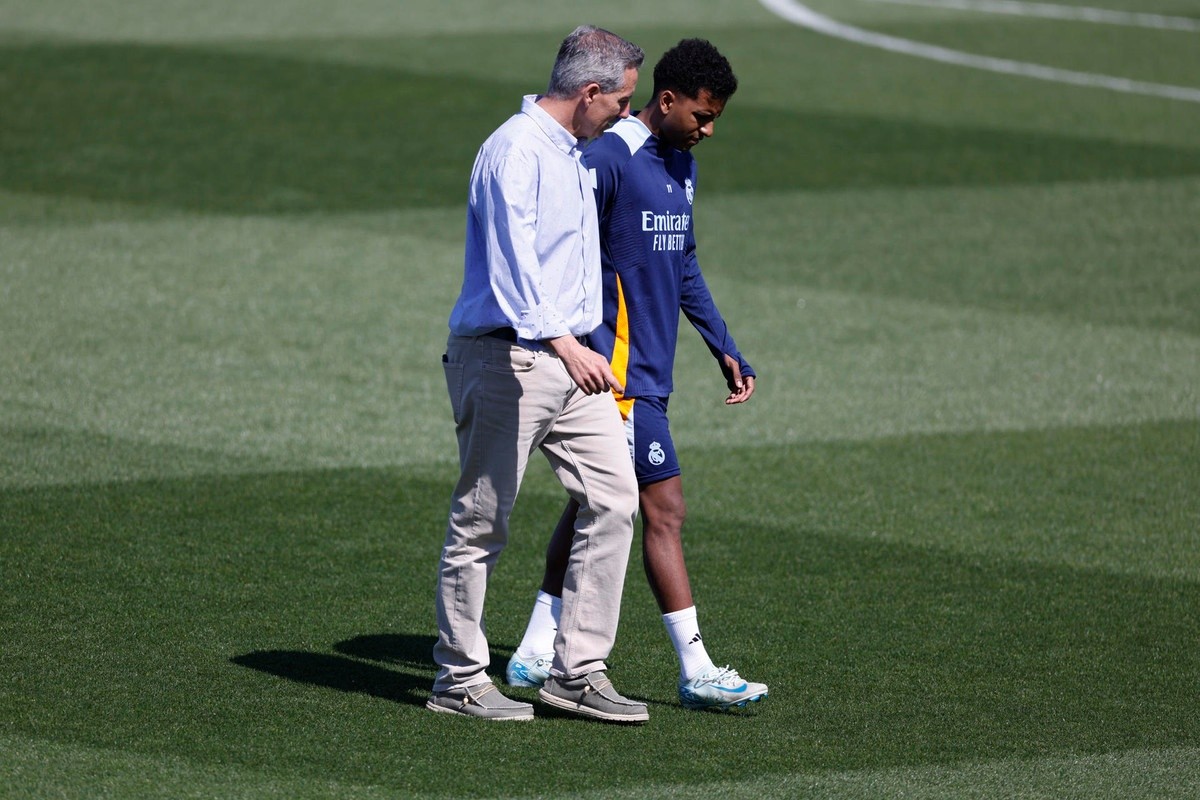
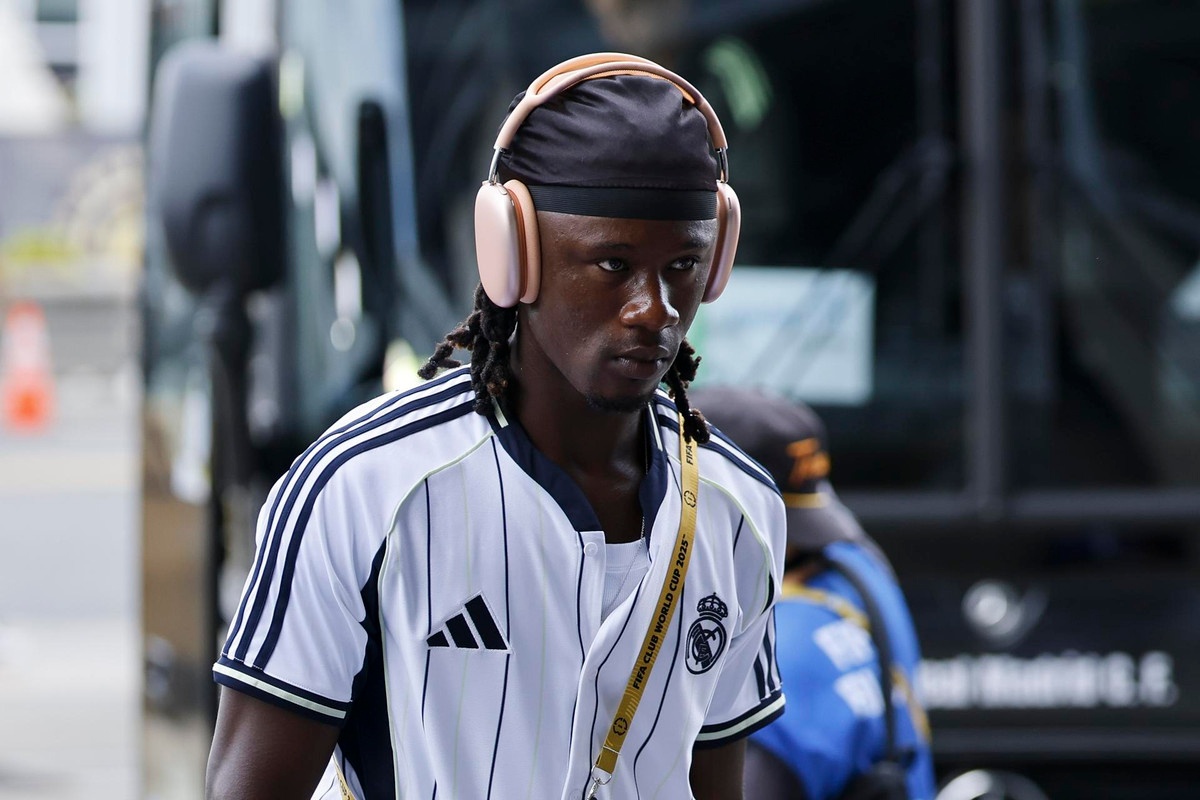
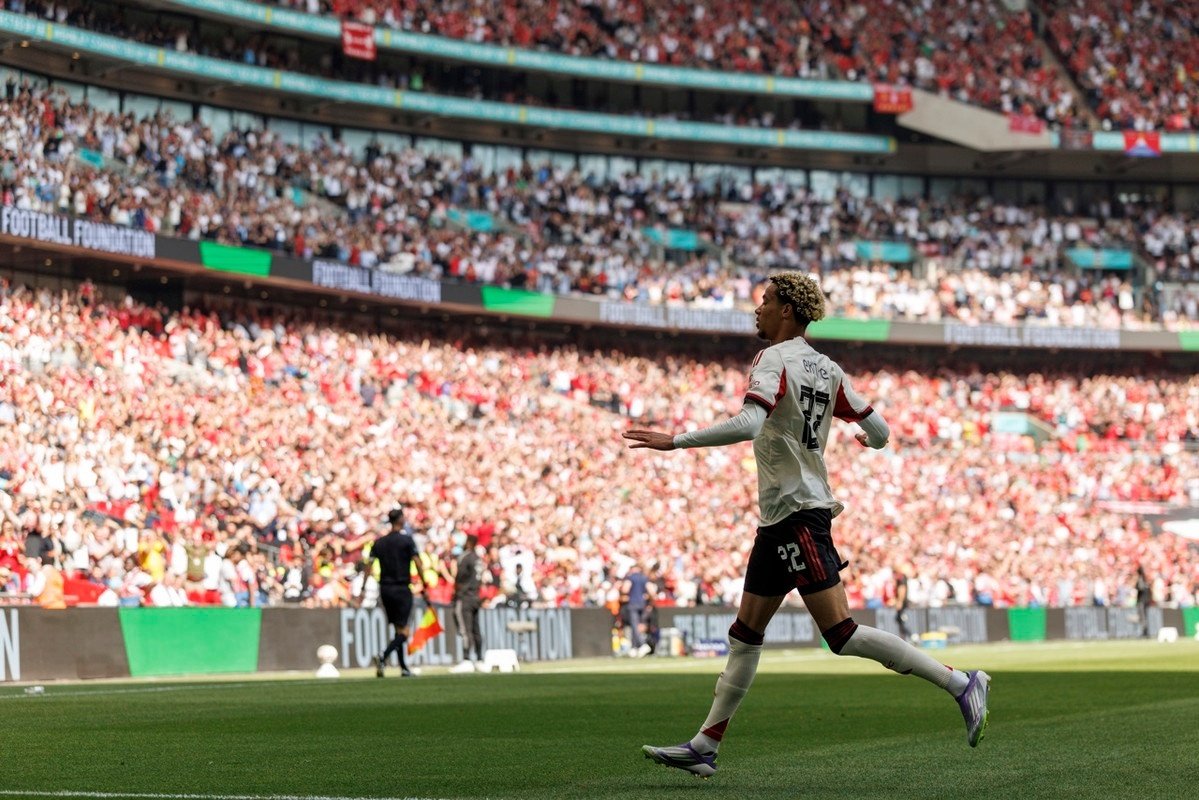

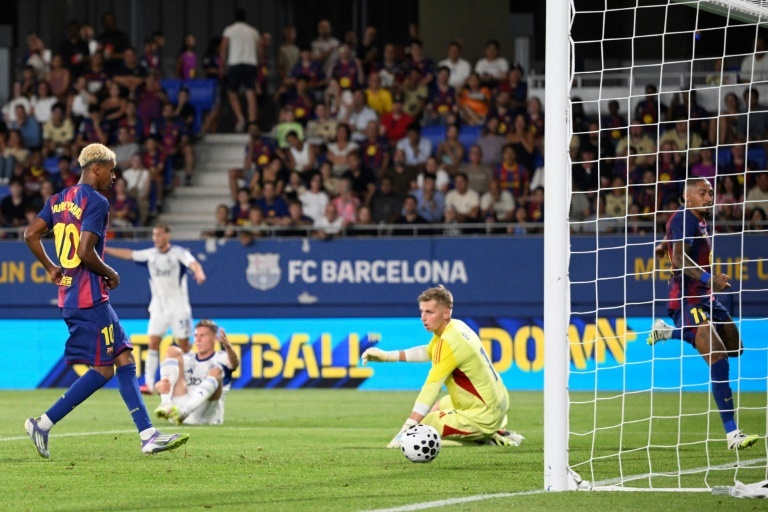
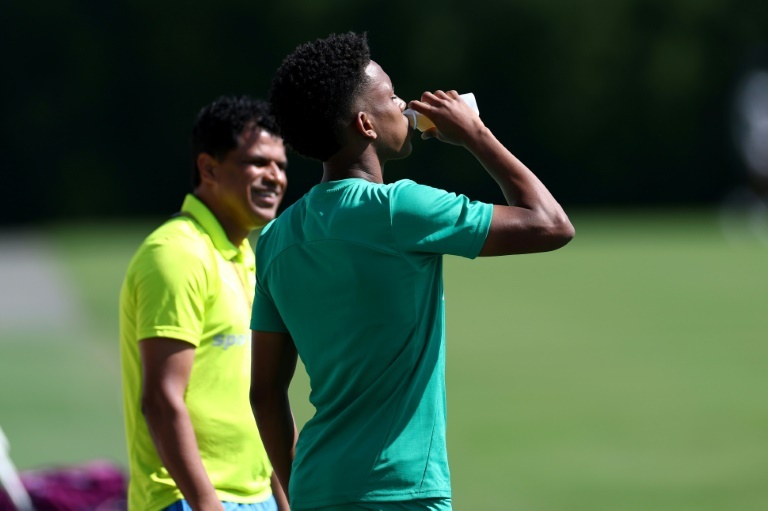
Comments